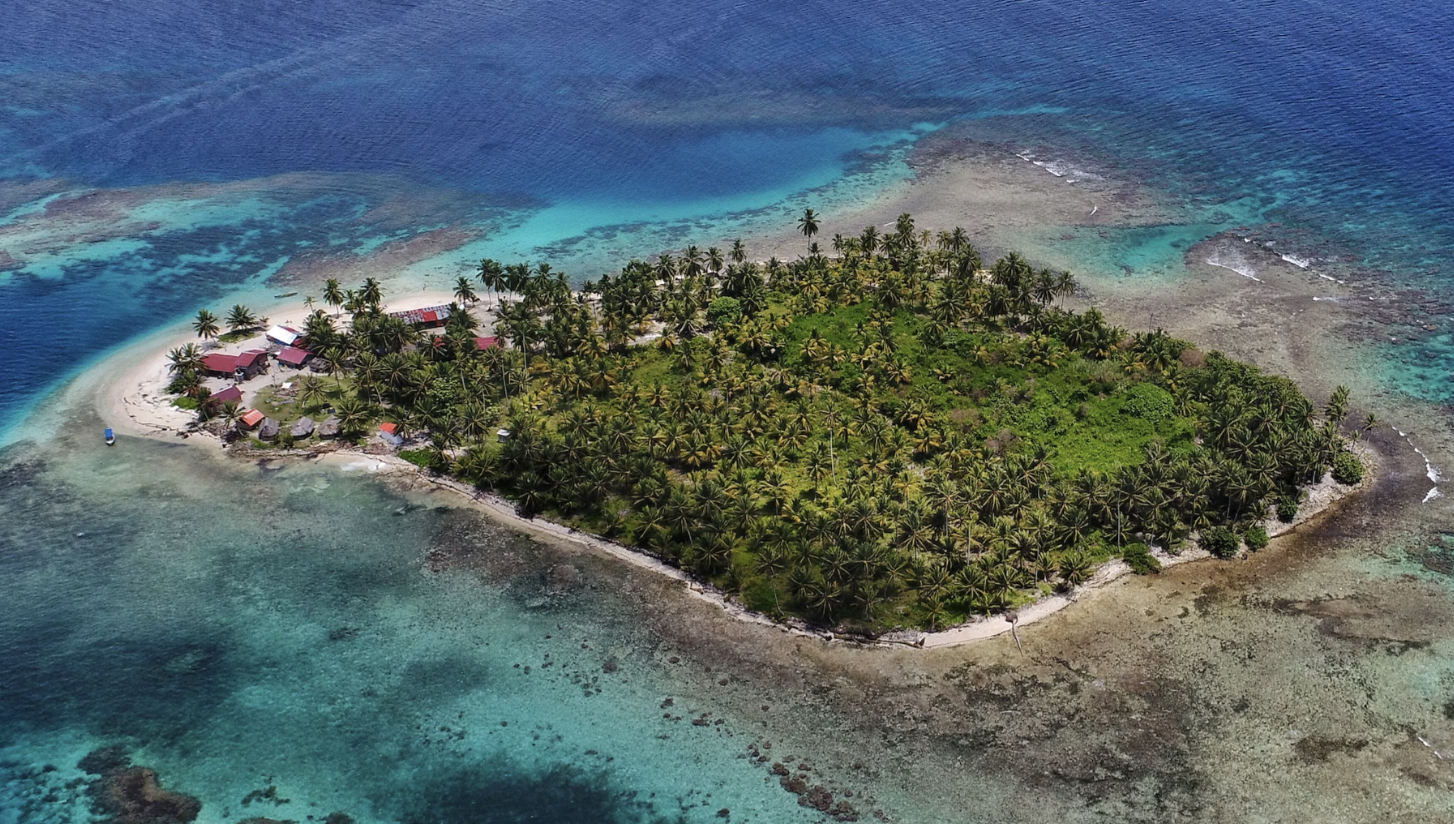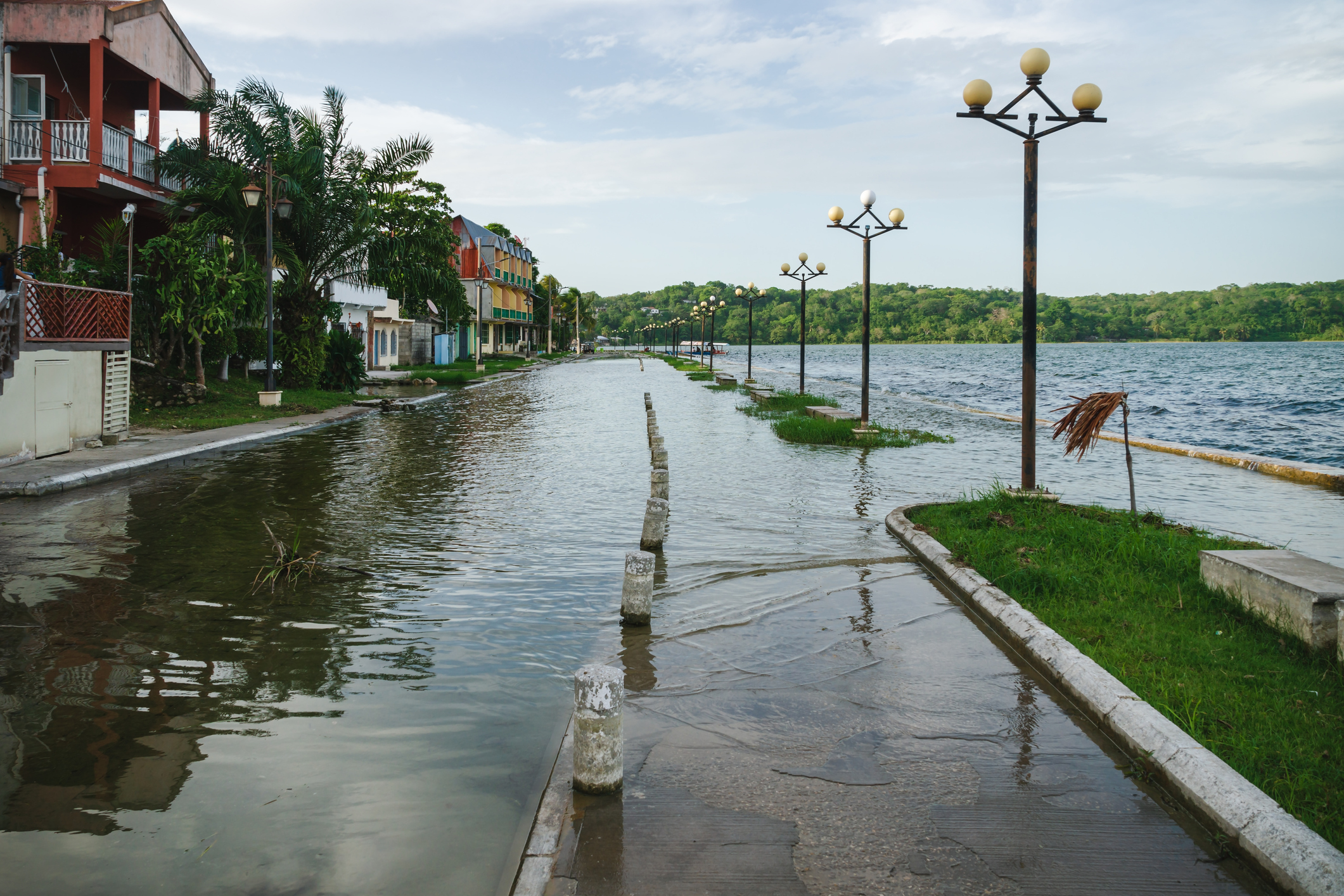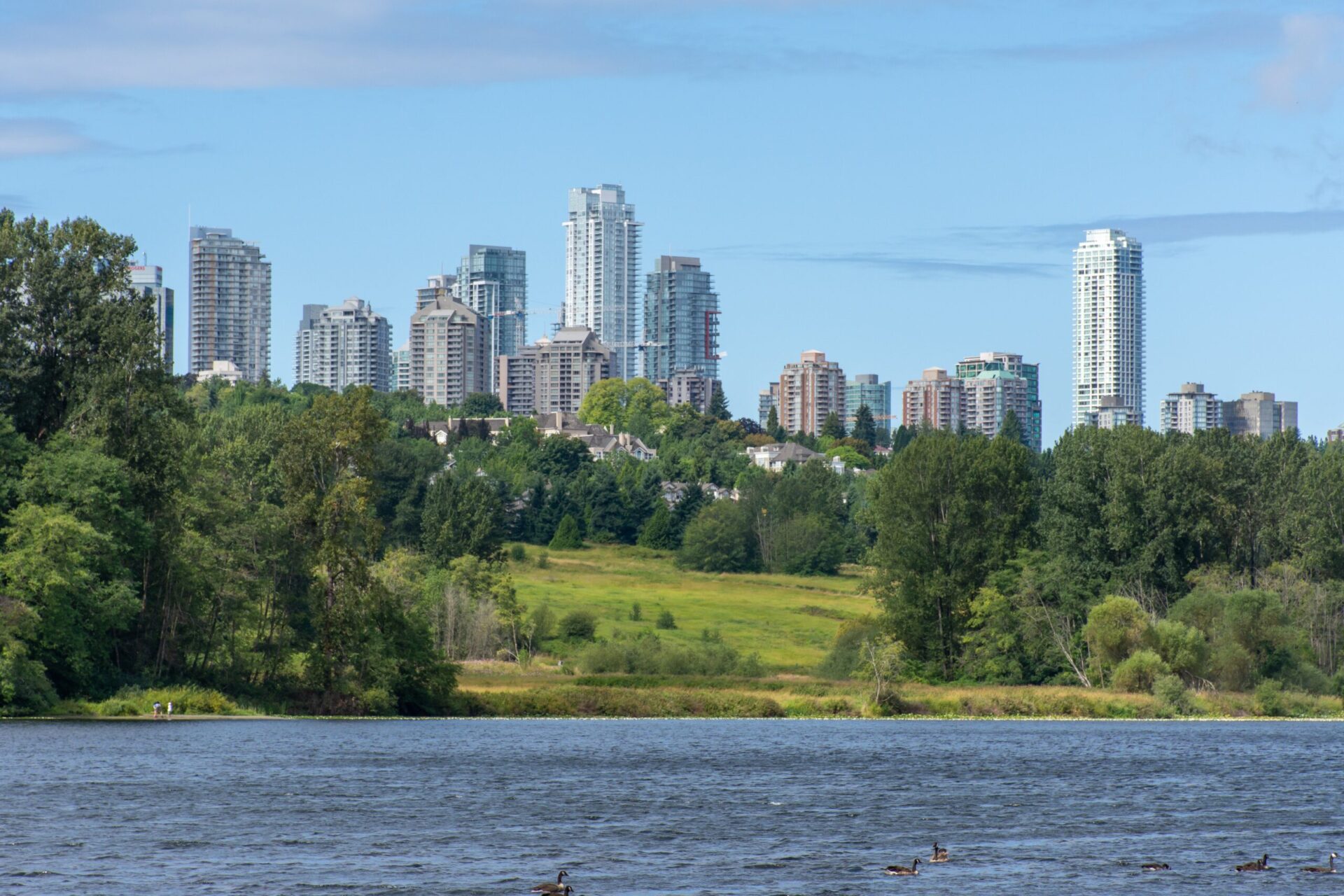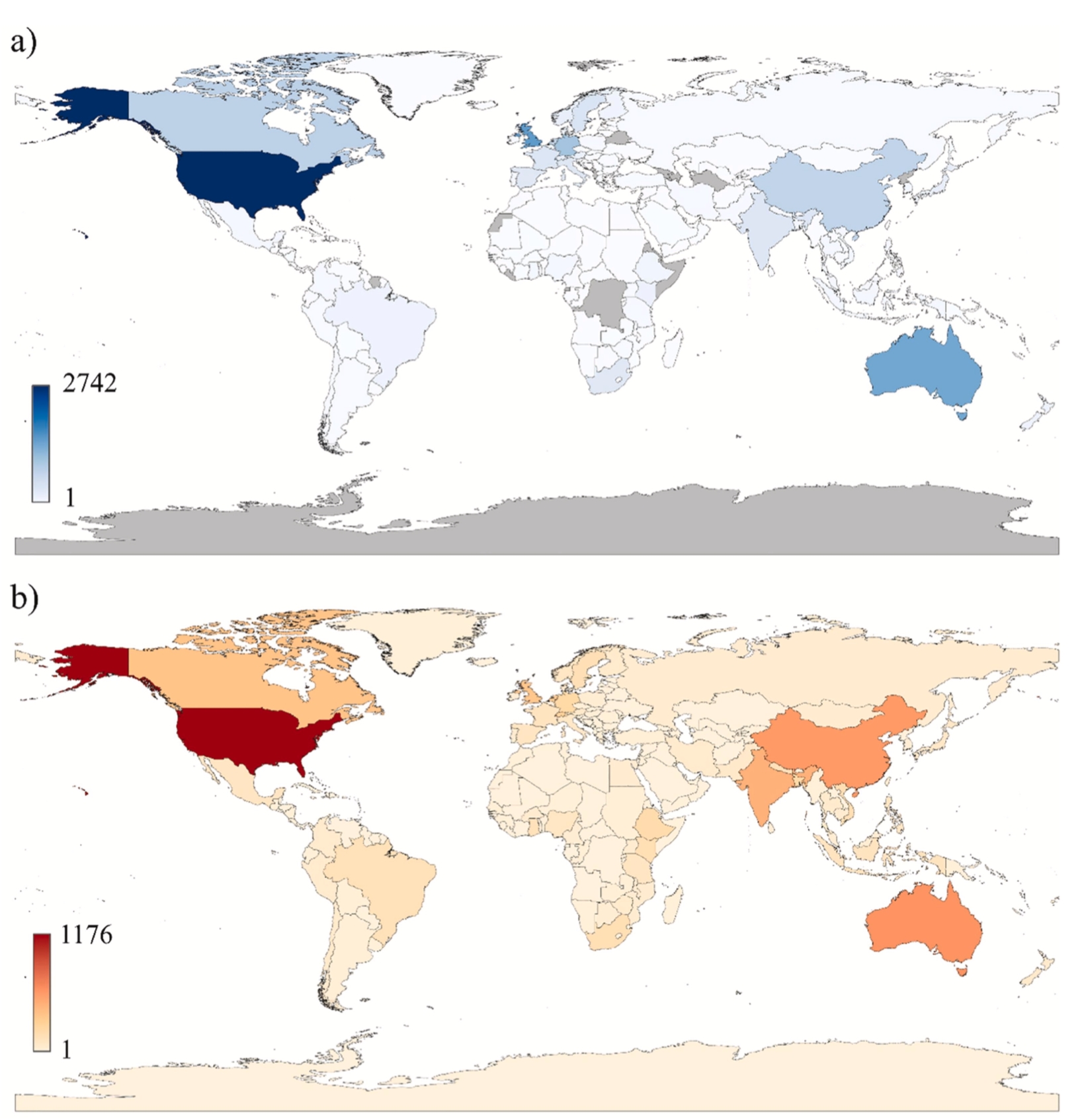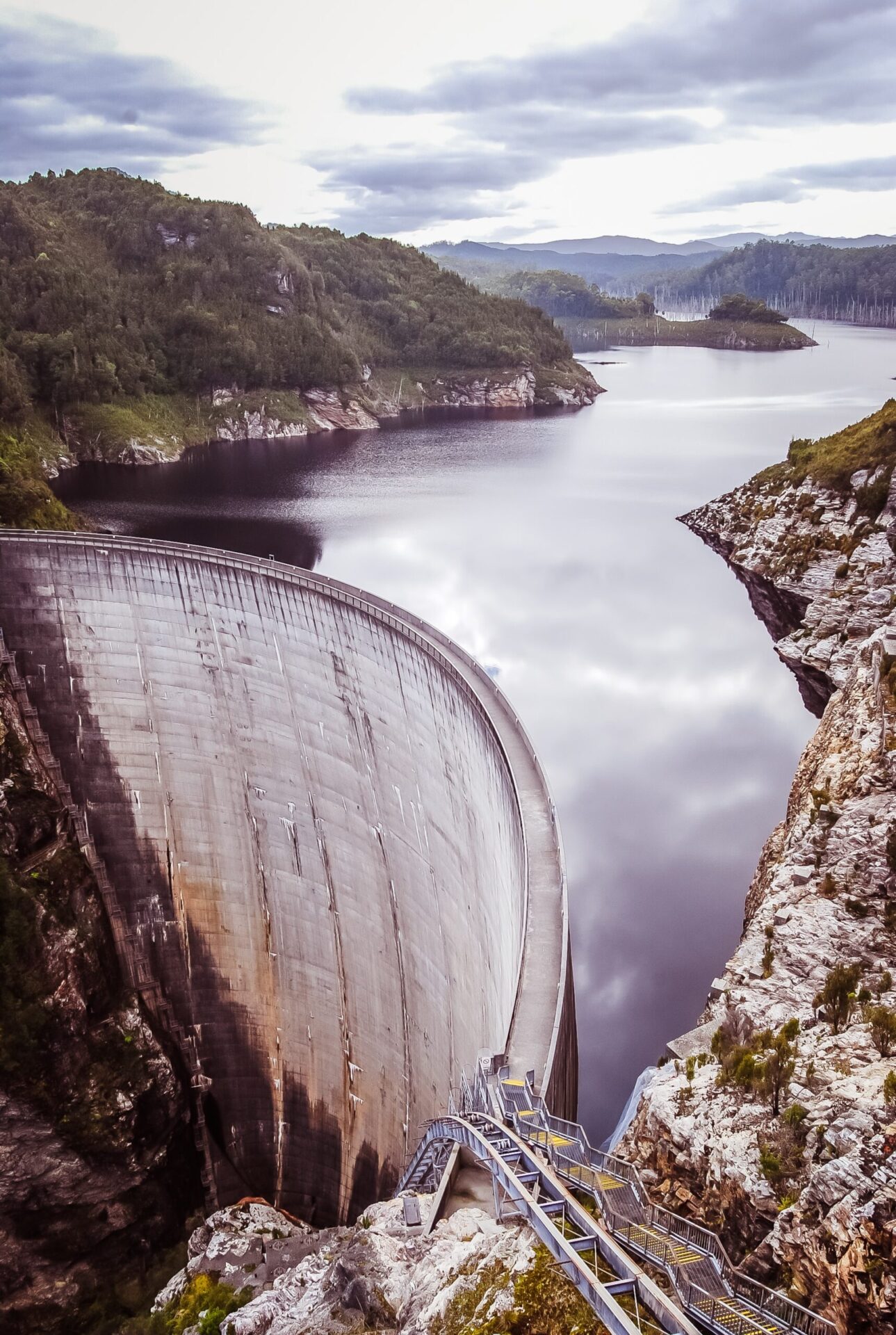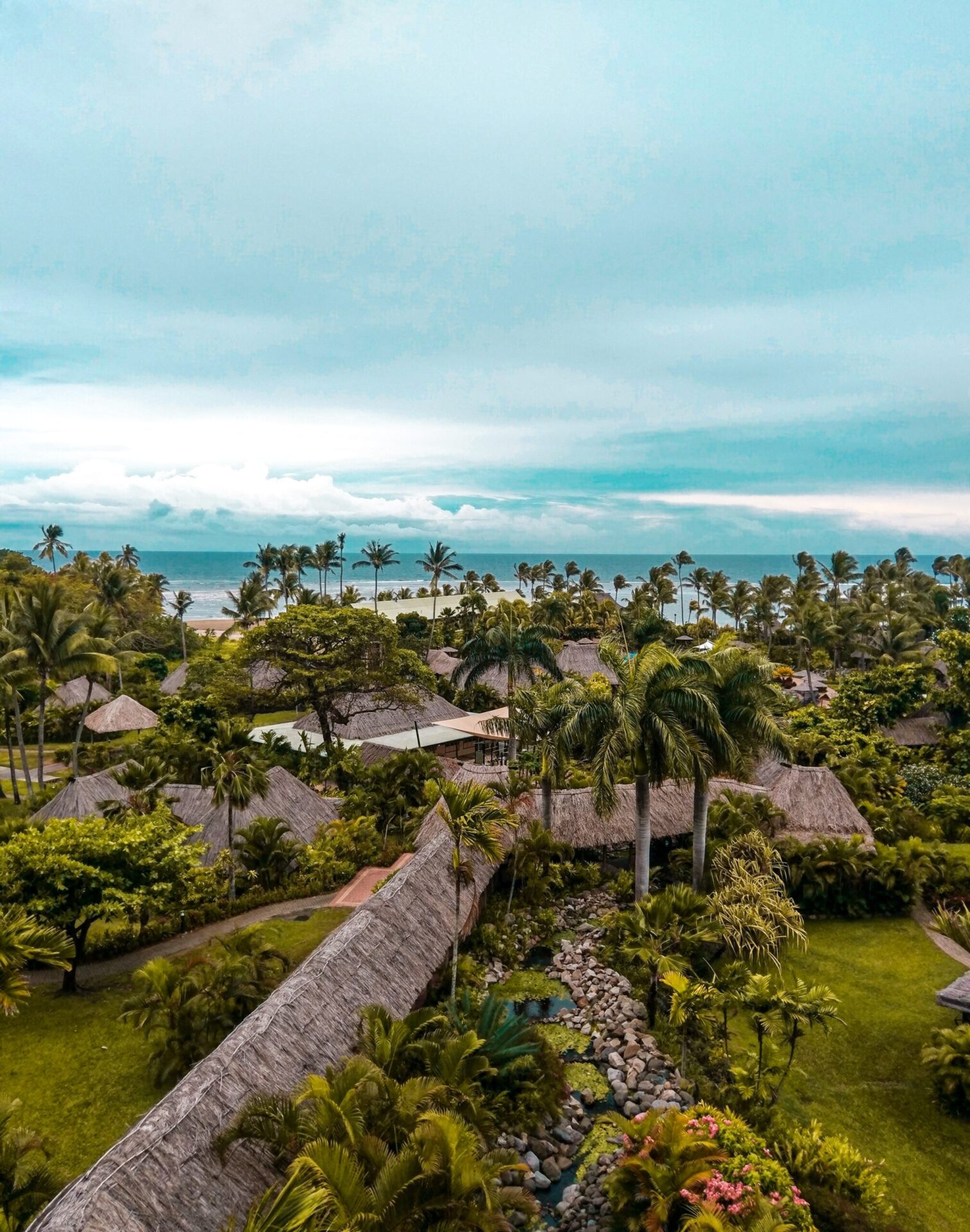Intergovernmental Panel on Climate Change
Reflections on the IPCC AR6 Synthesis Report: adaptation, loss and damage
Join three SEI researchers, whohaveassumedvariousroles in past IPCC reports,as theyreflect on the IPCCAR6SynthesisReport’scriticalmessages onadaptation and loss and damage.
Q&A: Francis X. Johnson on the IPCC Synthesis Report
Read this Q&A on the Synthesis Report of the IPCC Sixth Assessment Report – its significance, highlights and next steps, by Francis X. Johnson, SEI Senior Research Fellow and member of the Extended Writing Team.
IPCC WGII Sixth Assessment Report Cross-Chapter Paper 5: Mountains
Explore the new evidence on observed and projected climate change impacts in mountain regions, their associated key risks and adaptation measures in this IPCC cross-chapter paper on mountains.
Climate Resilient Development Pathways – Frequently Asked Questions from Chapter 18 of the IPCC’s 6th Assessment Report
What is a climate resilient development pathway? How can different actors across society and levels of government be empowered to pursue climate resilient development? Learn about these and other frequently asked questions from Chapter 18 of the IPCC's AR6 Working Group II report: Impacts, Adaptation, and Vulnerability.
Decision Making Options for Managing Risk – Frequently Asked Questions from Chapter 17 of the IPCC’s 6th Assessment Report
How do we know whether adaptation is successful? Which guidelines, instruments and resources are available for decision-makers to recognize climate risks and decide on the best course of action? Learn about these and other frequently asked questions from Chapter 17 of the 6th Assessment Report of the International Panel on Climate Change (IPCC), Working Group 2: Impacts, Adaptation, and Vulnerability.
Cities, Settlements & Key Infrastructure – Frequently Asked Questions from Chapter 6 of the IPCC’s 6th Assessment Report
Why and how are cities, settlements, and different types of infrastructure especially vulnerable to the impacts of climate change? Learn about this and other frequently asked questions from Chapter 6 of the IPCC's AR6 Working Group II report: Impacts, Adaptation, and Vulnerability.
Mapping the Evolution and Current Trends in Climate Change Adaptation Science
This study provides a review of climate change adaptation science literature that spans from the first publication in 1978 to mid-2020. It identifies the underpinning foundations, leading authors, countries and organisations, as well as dominant research themes and priorities, and explores how these have changed over time.
Turning Science into Action Webinar Series Session 3: Joint session on Health & Locally Led Adaptation
Watch a webinar about adaptation action that can be taken for health and locally led adaptation based on the science in the IPCC WGII report.
Turning Science into Action Webinar Series Session 2: Turning IPCC Science to Action – Joint session on Water & Infrastructure
Watch several experts explain how to turn the IPCC's science into action in this session on water and infrastructure conducted by the AAC and WRI.
Turning Science into Action Webinar Series Session 1: Overview of IPCC WGII findings and a Call to Action
In this webinar from the AAC and WRI, learn more about the IPCC WGII Sixth Assessment Report and a related call to action. This is followed up with two technical sessions on Water & Infrastructure and Health & Locally Led Action.
